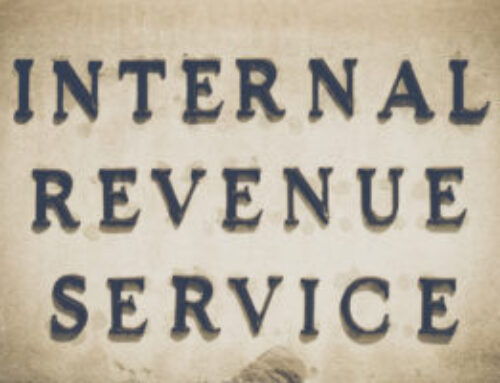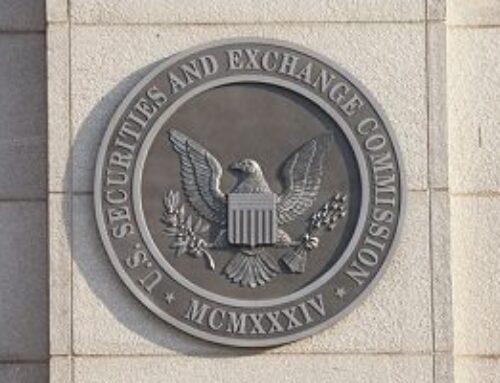Here are some of the developments in antitrust news this past week that we found interesting and are following.
U.S. Justice Dept jumps into pro baseball antitrust fray on appeal. The U.S. Justice Department asked a federal appeals court not to “extend” Major League Baseball’s longtime immunity from antitrust law to a dispute involving restrictions on the number of minor league teams that can be affiliated with professional clubs. The DOJ submitted a friend-of-the-court filing to the 2nd U.S. Circuit Court of Appeals that cautioned against allowing MLB to wield its antitrust shield in the case pending at the New York-based court. The U.S. Supreme Court in 1922 crafted the exemption, saying exhibitions of baseball games were “purely state affairs” beyond the scope of antitrust law.
Disney argues TV streamers’ antitrust lawsuits over ESPN ‘misconstrue’ basic ideas. Lawyers for The Walt Disney Co asked a U.S. judge to dismiss a pair of consumer antitrust cases alleging the media and entertainment company’s business contracts have artificially driven up the costs for rival video streaming services YouTube TV and DirecTV Stream. In a court filing, Disney’s attorneys argued that the nine plaintiffs who filed the purported class action lawsuits in San Jose, California, in December “misconstrue basic antitrust and economic concepts.” The consumers alleged Disney’s ownership of the sports TV programmer ESPN — part of the base package for a YouTube TV subscription — has allowed the company to “set a price floor” in the market for TV streaming.
Judge Is Said to Let Meta’s Virtual Reality Deal Move Forward. A federal judge has rejected the Federal Trade Commission’s request to stop Meta, Facebook’s parent company, from buying a small virtual reality start-up, two people with knowledge of the matter said, signaling that efforts to rein in the tech giants may struggle in courts. In a sealed order, Judge Edward J. Davila of U.S. District Court for the Northern District of California declined the F.T.C.’s demand for a preliminary injunction to block Meta from buying Within, which makes a virtual reality fitness game called Supernatural, said the people, who spoke on the condition of anonymity because the orders are sealed.
Intel faces yet another EU antitrust fine despite court win last year. Intel could face yet another EU antitrust fine despite winning its court fight last year against a 1.06 billion euro ($1.2 billion) penalty imposed 14 years ago for hindering a rival, the U.S. chipmaker said in a regulatory filing. Intel last year convinced Europe’s second-top court to scrap the fine handed out by the European Commission in 2009 for giving rebates to four computer makers to buy most of their chips from the company and not from rival Advanced Micro Devices.
Edited by Gary J. Malone
Read The Antitrust Week In Review at constantinecannon.com






Leave A Comment